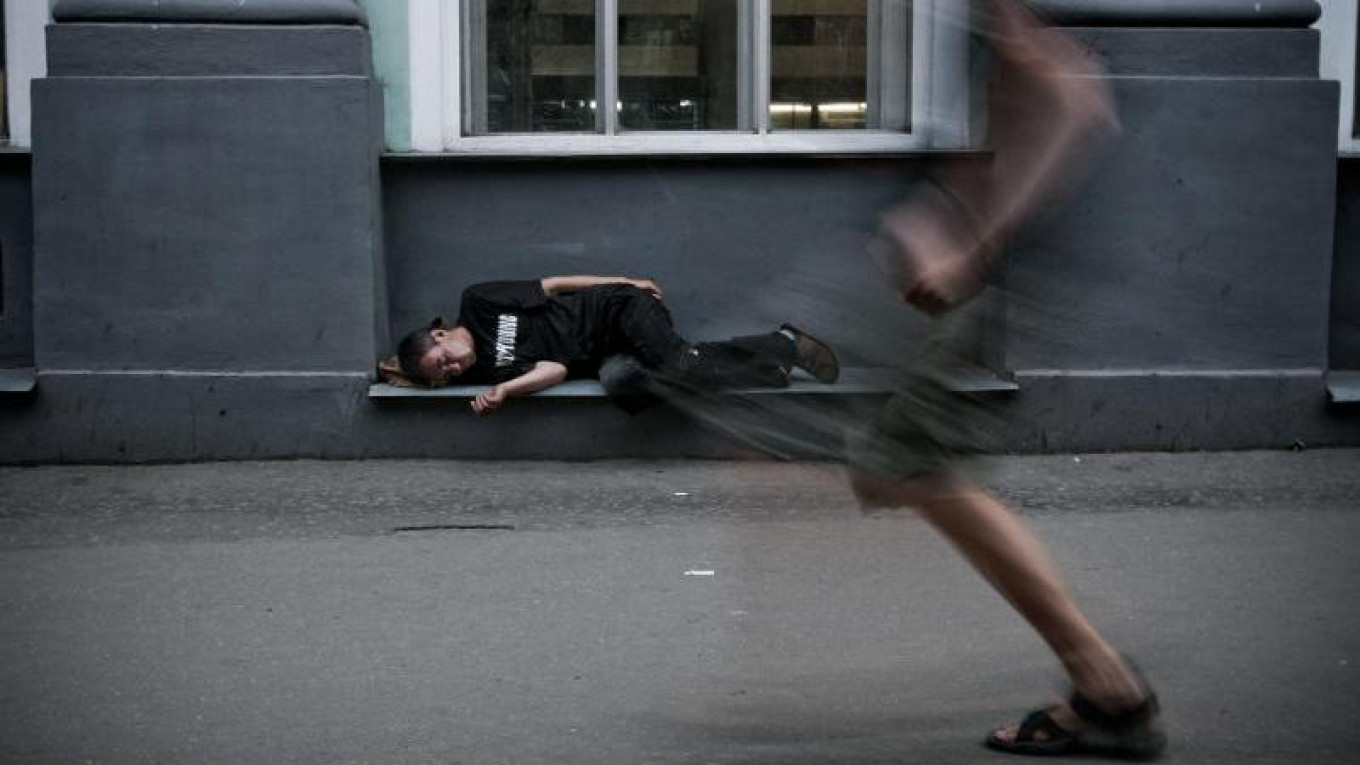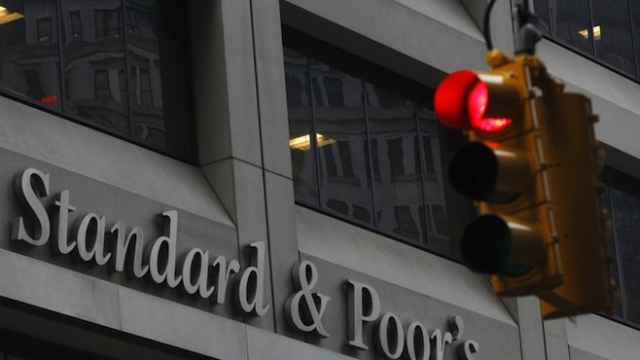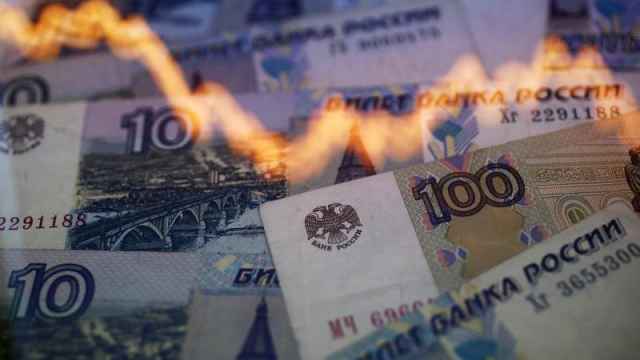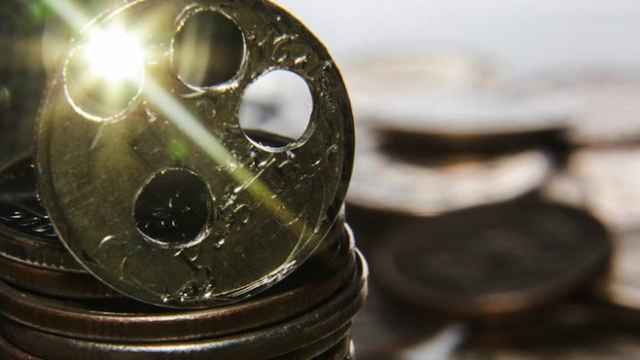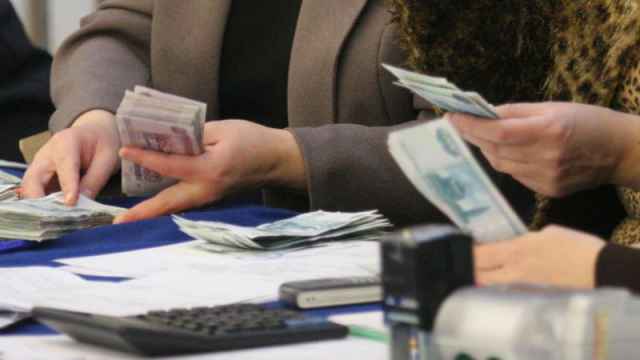Russia's economy needs powerful external stimuli or fundamental domestic reform in order to avoid further stagnation, a report from the Centre of Development at the Higher School of Economics (HSE) has claimed.
The country's gross domestic product in 2016 is just 1.3 percent higher than it was before the 2008 crisis, HSE experts wrote in their report, “Commentaries on the State and Business.” Predictions show that Russia could “lose a decade” of economic growth by the time presidential elections arrive in 2018.
It is a claim which Russia's Economic Development Ministry strongly refutes: but experts fear that having ceased to grow, the Russian economy will stagnate and lose the ability to resume growth later on.
Russia’s GDP fell by 0.9 percent in the first half of 2016 year on year, according to the State Statistics Service. Economists polled by the HSE believe that the economy will contract by 0.8 percent this year, before transitioning to weak growth of 1 percent in 2017. Growth of more than 2 percent is not expected before 2020. “Without creating real conditions for reviving business activity, it is difficult to be optimistic about the next few years,” the HSE report concluded.
The International Monetary Fund (IMF) also forecasts that without structural reforms, Russia’s economy will grow by just 1.5 percent annually. The Finance Ministry has made a similar prediction, forecasting as little as 1 percent – 1.3 percent growth annual growth in the absence of restructuring. Central Bank chairperson Elvira Nabiullina has added to the pessimistic chorus by claiming that, even if oil prices reach $100 per barrel, the Russian economy would be incapable of growing faster than 1.5 percent – 2 percent per year without changes in policy. Central Bank deputy chairperson Ksenia Yudayeva went even further, suggesting that without reforms, the Russian economy was doomed to perpetual stagnation.
Weak demand, a lack of investment, and tight fiscal policy make it impossible for Russia to achieve robust growth, HSE experts claimed, adding that officials had not ruled out “printing money” in order to stimulate growth.
Leaders had initially drafted plans to modernize the economy after the 2008 crisis. Problems arose when oil prices shot up and officials gradually lost sight of those plans, said First Deputy Prime Minister Igor Shuvalov in early 2015 – a year which saw the economy contracted by 3.7 percent. The current crisis presents a new opportunity for change that “Russia should not miss,” said Shuvalov.
Now, economists have split into two camps: the Stolypinsky Club, which advocates fiscal stimulus, and former Finance Minister Alexei Kudrin's Center for Strategic Development, advocating fiscal consolidation. The first group proposes increasing investment, in part through monetary financing, while the second calls for gradually reducing the budget deficit and launching institutional reforms.
The entire government is now fixated on how to cut costs, while nobody is discussing how to restart the economy, one federal official said. “The absence of a dialogue on economic incentives will inevitably lead to the monetary financing. Then, the only question is: How much?” the official said. “We have hit bottom and are starting to adapt to these new conditions.”
Without real discussion, it could prove impossible to turn the economy around, said one senior government official. Nobody argues against the need to balance finances, but what is needed now is a plan to remove the economy from its current stagnation: to get out of it as quickly as possible, before it drags the country down, the official said. “Many ministers understand this, but they cannot get it through to the leaders.”
Entrepreneurial spirit is the most important driving force in the modern market economy, HSE experts pointed out. “By suppressing it, there is little hope for the long-term progress of the Russian economy. And no amount of monetary financing will help.”
A Message from The Moscow Times:
Dear readers,
We are facing unprecedented challenges. Russia's Prosecutor General's Office has designated The Moscow Times as an "undesirable" organization, criminalizing our work and putting our staff at risk of prosecution. This follows our earlier unjust labeling as a "foreign agent."
These actions are direct attempts to silence independent journalism in Russia. The authorities claim our work "discredits the decisions of the Russian leadership." We see things differently: we strive to provide accurate, unbiased reporting on Russia.
We, the journalists of The Moscow Times, refuse to be silenced. But to continue our work, we need your help.
Your support, no matter how small, makes a world of difference. If you can, please support us monthly starting from just $2. It's quick to set up, and every contribution makes a significant impact.
By supporting The Moscow Times, you're defending open, independent journalism in the face of repression. Thank you for standing with us.
Remind me later.


